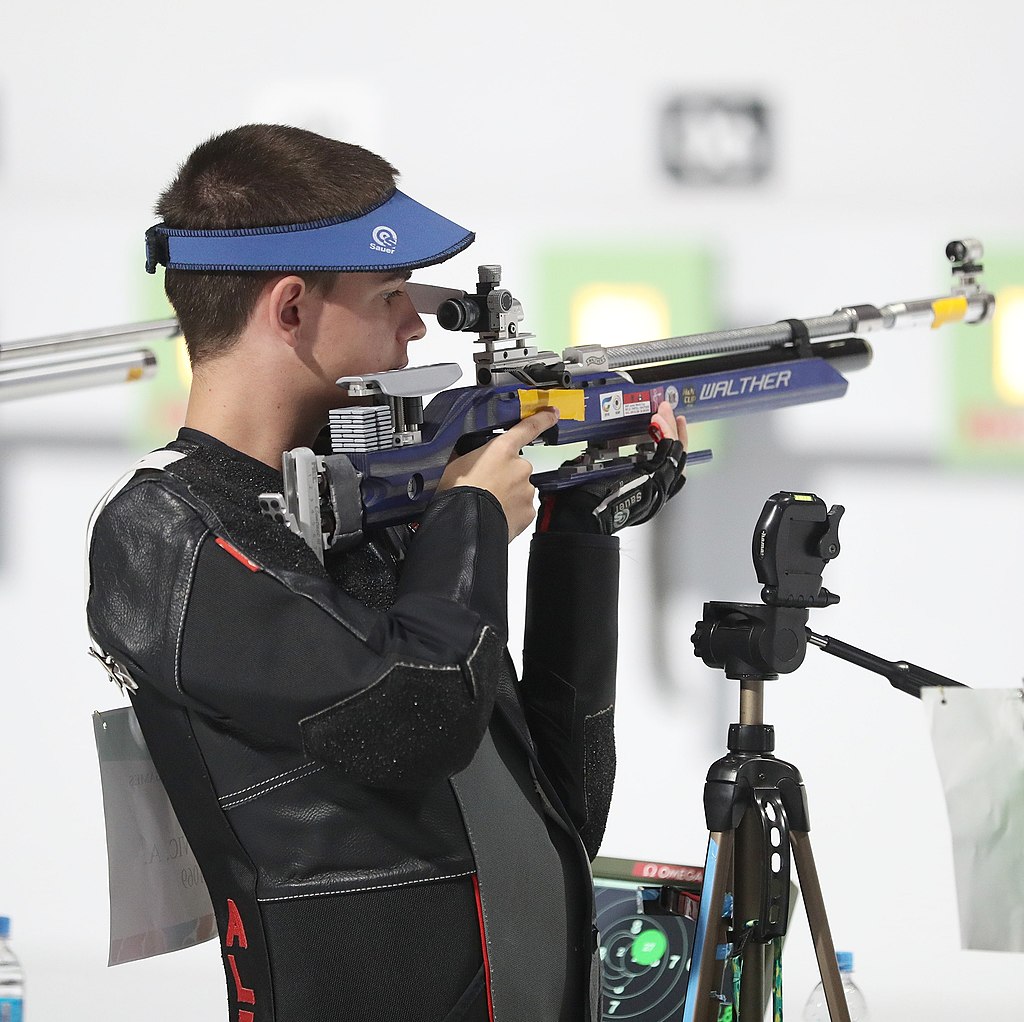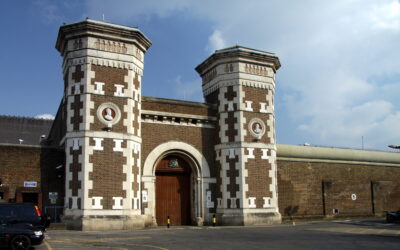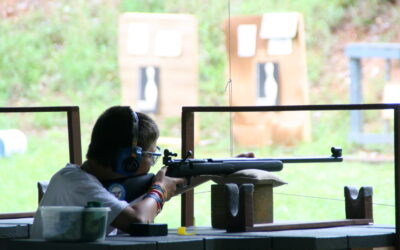
[Image credit: File:2018-10-07 Shooting at 2018 Summer Youth Olympics – Boys’ 10 metre air rifle (Martin Rulsch) 047.jpg” by Martin Rulsch, Wikimedia Commons is licensed under CC BY-SA 4.0
A firearms consultation has been launched this week to seek views on enhanced security for powerful rifles, introducing licensing controls on miniature rifle ranges, and tougher controls on ammunition.
Why is a consultation taking place?
There have already been changes to firearms legislation in recent years such as new offences to prevent the conversion of imitation firearms and the sale of deactivated firearms. The government has also said that they will be further strengthening the controls through more effective use of medical information in licensing decisions.
However, during the passage of the Offensive Weapons Act 2019, a range of firearms safety issues were raised with the government. The proposals seek to mitigate the risks raised by these issues.
What changes are being proposed?
High muzzle energy rifles – measures were initially included in the Offensive Weapons Act to prohibit ownership of these weapons. The provision in the Act was withdrawn as it was apparent there was no evidence of their use in crime, so prohibition may not be necessary.
The consultation seeks views on what level of enhanced security would reduce the risk of the weapons being stolen and/or misused. The question being asked is whether the level 3 security in the Firearms Security Handbook (the current highest level of security) are sufficient, or whether even more enhanced security is required.
Further conditions being suggested are:
1. fitting shutters and grills on all doors and windows;
2. installing CCTV;
3. panic alarms where the rifle is stored;
4. panic alarms when the rifle is in use on a range;
5. the bolt or other critical component kept separately;
6. other members of the holder’s shooting club looking after critical components on behalf of each other;
7. ammunition to be kept separate from the gun in a separate cabinet.
Air weapons – these are weapons that expel projectiles with compressed gas or air. Most are not licensed, but firearms regulations regulate them to prevent misuse. The proposals relate to the possession of air weapons by those under the age of 18, secure storage and safe-keeping.
A government review found the misuse of air weapons appears to occur disproportionately when young people are in possession. This is why possession by the under 18s is a targeted key risk area. The proposals are:
1. to remove the exception that allows young persons who are at least 14 to have unsupervised possession of air weapons in private premises;
2. to strengthen and clarify the offence of failing to take “reasonable precautions”. This would include locking the weapon out of sight when not in use and storing ammunition separately whenever under 18s are on the premises;
3. to ensure home security devices are supplied with all new air weapons, and for dealers to explain the importance of secure handling and storage to purchasers.
Miniature rifle ranges – a firearms licence is not required to run a rifle range where only small calibre rifles or air weapons are used, members of the public using the range do not need a licence to use it either.
The key proposal is for anyone wishing to operate a miniature rifle range to obtain a firearms certificate and undergo necessary police checks. Legislation will specify that only .22 rimfire guns may be regarded as miniature rifles.
Ammunition – concerns have been raised that the component parts of ammunition are too easy to obtain, allowing the unlawful manufacture of complete rounds. Views are invited on whether the controls on component parts are adequate or whether there should be a separate offence of possession of component parts with intent to manufacture unauthorised quantities of complete rounds of ammunition.
How can we help?
If you would like to discuss any aspect of your case, please contact any member of our vastly experienced Criminal Defence team, for assistance with any criminal law related matter.
–
Mr John Stokes (John.Stokes@danielwoodman.co.uk),
Mr Anthony Pearce (Anthony.Pearce@danielwoodman.co.uk) or
Mr Daniel Woodman (Daniel.Woodman@danielwoodman.co.uk).










